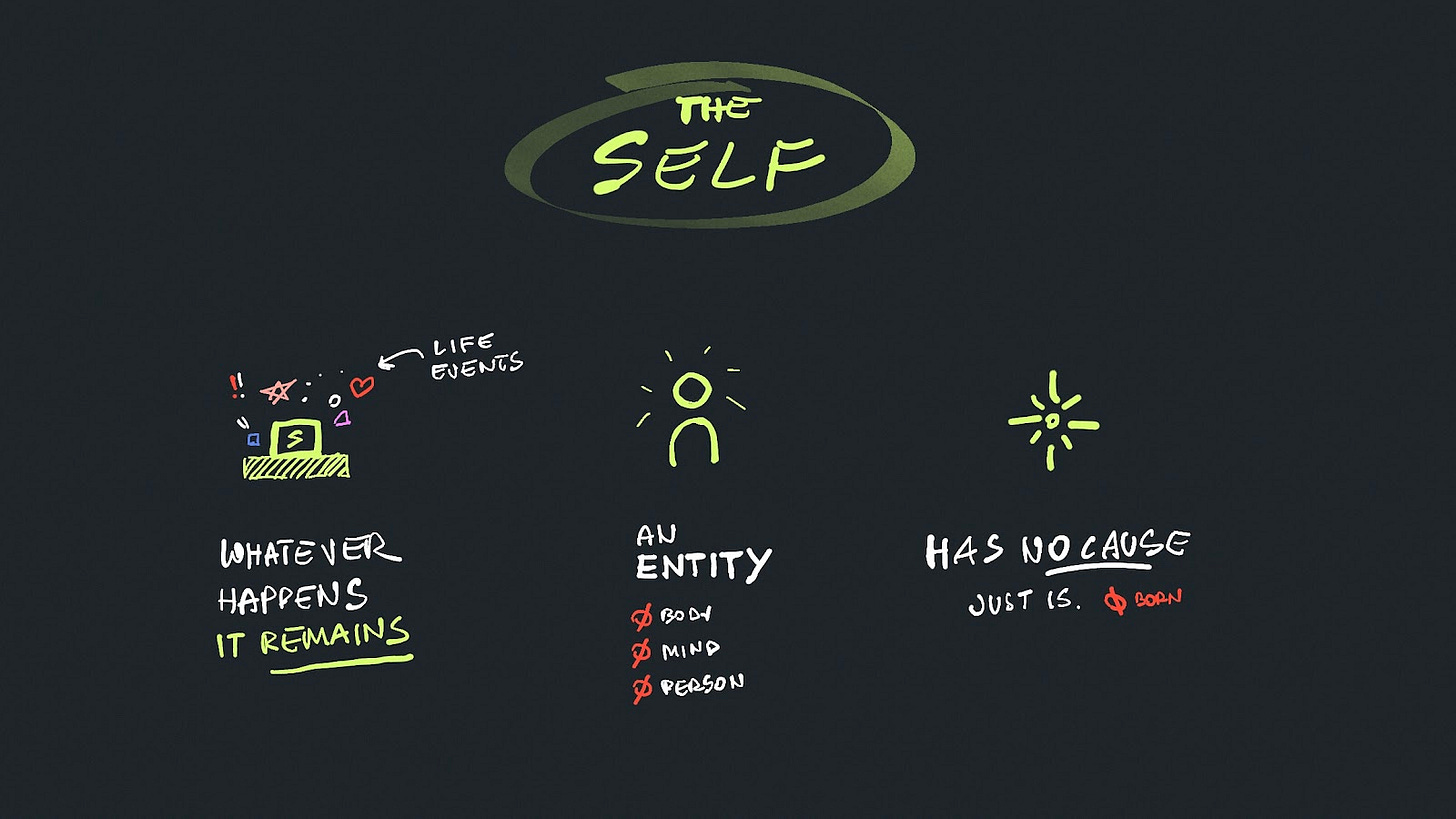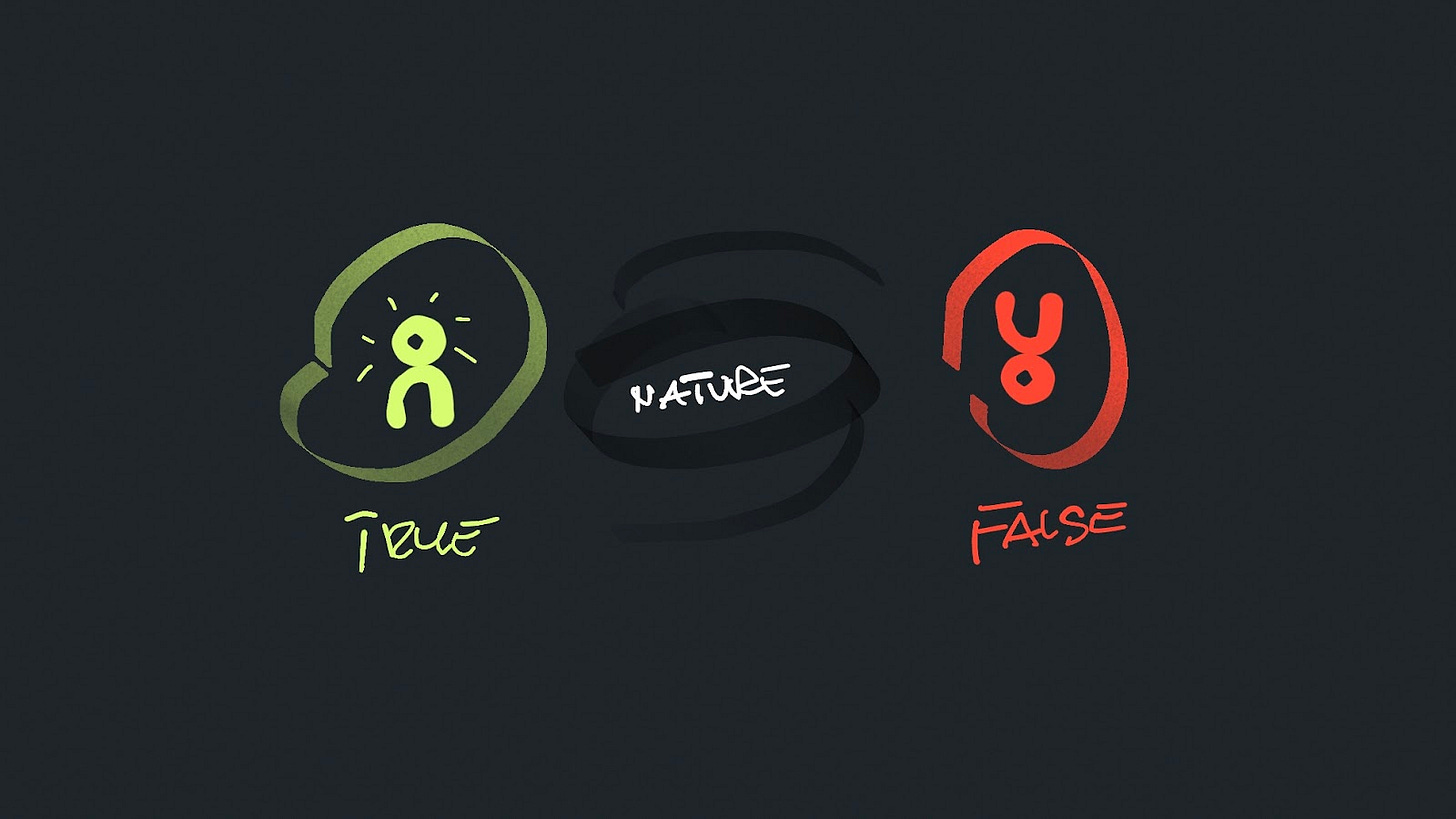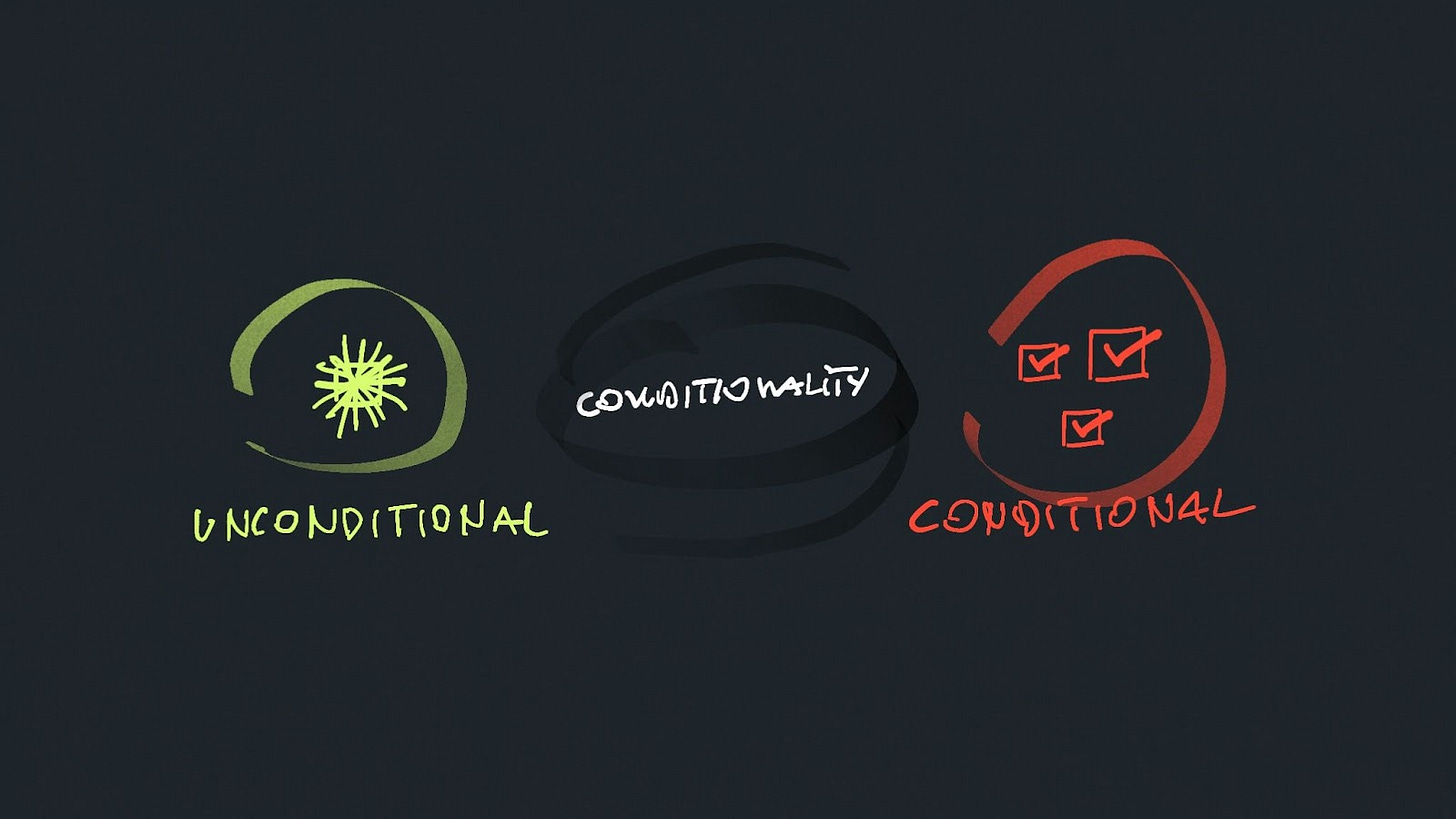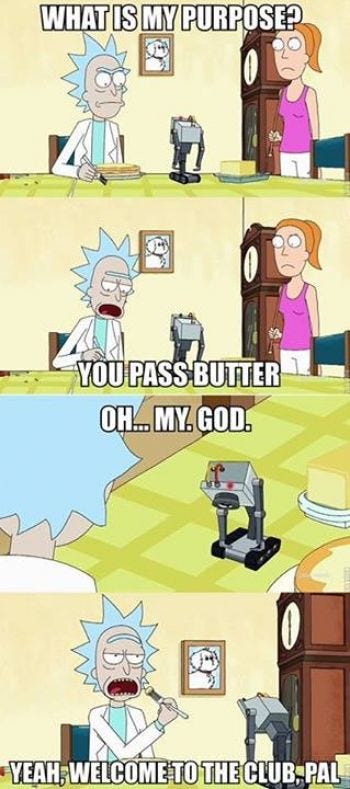For years, my business cards and LinkedIn profiles told me exactly who I was: Product Designer, Consultant, Founder. Each role a carefully crafted identity, each title a promise of who I should be. I poured myself into these labels, treating them as containers for my entire being. The better designer I became, the more complete I would feel. The more successful consultant I was, the more real I would become. Or so I thought.
This relentless pursuit of professional perfection wasn't just ambition – it was a desperate attempt to find myself in the work I did. Every project became a mirror I looked into, hoping to see a clear reflection of who I was. But mirrors can be deceptive. The harder I pushed to embody these roles, the more exhausted I became. Something wasn't clicking. Something felt incomplete.
It wasn't until I encountered Gabor Maté's Scattered Minds that I began to understand what was happening. I wasn't just working; I was compulsively identifying with my work. Each professional achievement was a temporary bandage over a deeper question I wasn't ready to face: Who am I beyond these roles I play?
This question led me into an exploration of the Self – what it is, what it's not, and why it matters.
I came to realize that my crisis of identity wasn't unique. Our lives are marked by transitions – from child to adolescent, from student to professional, from one role to another. At each crossing, the same fundamental questions emerge: Who am I really? What remains constant as everything else changes? These aren't just philosophical musings. They're urgent, practical questions that arise whenever we feel the ground shift beneath our carefully constructed identities.
Let me share what I have learned so far on this journey.
The Journey to Understanding
At some point, I noticed that across wisdom traditions and modern thinkers, the question of Self emerged as a central theme – though with fascinating contradictions. The ancient Greeks inscribed 'Know Thyself' at the Temple of Delphi, making self-knowledge the cornerstone of wisdom. Contemporary teachers like Sadhguru speak of discovering one's true nature. Depth psychologists like Jung devoted their work to understanding the Self, while modern healers like Gabor Maté explore how disconnection from Self leads to trauma and addiction.
Yet fascinatingly, some of humanity's most profound wisdom traditions take a radically different approach. Buddhism teaches anatta – the doctrine of 'no-self' – suggesting that what we think of as a permanent self is actually an illusion, and that this very illusion causes our suffering. Rather than finding the True Self, Buddhist practice aims at seeing through the illusion of self altogether.
This tension – between realizing the Self and transcending the self – became a koan of sorts for me. What did these seemingly contradictory approaches point to? What I began to understand was that they might be different medicines for the same disease: our attachment to false self. Whether through knowing or through dissolving, each path aims to free us from the prison of our artificial, conditioned identity.
What they all seemed to agree on was this: our ordinary, everyday sense of self - the roles we play, the stories we tell, the identities we cling to – isn't the whole truth of who we are. To borrow a line from Good Will Hunting, I needed to "go see about the girl," and take a leap of faith in pursuit of something potentially meaningful – the eternal Self. And that got me obsessed with a deeper question: what lies beyond these manufactured identities?
The Self is important
The Self is important because without a healthy relationship with the Self we wander cluelessly in the world. Plus we waste an enormous amount of energy just for the upkeep of the false self (more about the false self later). This can be noticed when one finally begins to let go of the false self and turns the attention inwards towards the True Self. There are also immeasurable benefits for being in constant contact with the Self. It enhances and enriches our private lives. It drastically improves relationships with other people, with significant others, and with the entire world.
What is the Self
Honestly – I'm still figuring this out. But I can share some bits that seem to hold water. I’m also painfully aware that I’m attempting to describe something that is by its nature beyond words. I will give it an honest try nevertheless. The True Self is an entity. It’s not the body, nor it’s the mind, it’s not even a person. Self has no cause. It doesn’t get born. It just is. Whatever happens, the Self remains. And we, as contemporary humans, need to get initiated into the Self. Yet in this initiation lies perhaps the greatest challenge: distinguishing between what is truly the Self and what is merely its imitation.
Two Faces of Self
What the majority of contemporary humans take for the self is actually just a false self, conjured by an ego. We are not to be blamed for such an arrangement. It’s only natural for us to develop a sense of false self along the way. We do it for the most part unconsciously, for many reasons and purposes. The real challenges begin to pile up when we believe the false self is the True Self. And this is what I want to cover in more detail. There are numerous intuition pumps I use to navigate this challenge and this realm of inquiries. Since I want to keep it brief, I will share one factor that helped me in discerning between the two types of self. I call it the ‘conditionality’ factor.
The Trap of Conditionality
The True Self is free of any conditional factors that could influence its very existence. It's an entity that exists, just because it can. Now, let’s contrast it with the conditional existence – which makes the thing exist because it fulfills some particular function or role (a condition). For example, we identify with our social, political, or religious roles (I’m a student, a designer, a parent, an anarchist, a Christian, etc.). We humans have perfected the art of creating conditional selves that serve a particular purpose. Generally, these conditional selves help us not go crazy in the short term. They ‘do’ it by providing us with a good enough, self-interpretable vessel/narrative for acting in the world. And that would be ok if we were some pre-designed automatons that exist to realize their conditional purpose.
But we are not mere automatons. And however alluring the new shiny vessel would be to you – this is not the club you want to be in. Yet many of us are indeed part of that club.
These intricately manufactured selves are not only false, they are also fragile. They change and die easily. Once they die, they get replaced by a new version. The new version being just another iteration of the false self under a new disguise. Notice what’s happening here. We are in essence perpetuating fake stories about ourselves, having habituated the belief that we are – what we identify as. This is both a dangerous, and simply untrue belief. This belief needs a deconstruction, to borrow from my pal Saruman from LOTR – this belief “(...)requires burning”. How to start the deconstruction? Begin meditating on the Unconditional nature of the True Self, and challenge those deeply ingrained beliefs and assumptions.
The journey to discovering our True Self is perhaps the most important passage we can undertake. While meditation is one gateway, there are countless paths to this recognition – through nature, through art, through meaningful relationships, through moments of pure presence. The key is to remain curious and vigilant about which version of ourselves we're operating from at a given moment. Are we acting from our conditional, false self that needs constant validation and maintenance? Or are we allowing our unconditional, True Self to simply be? This isn't a destination but a continuing journey of awareness and authenticity. And while the false self may resist this deconstruction, there's profound freedom in letting go of who we think we should be to discover who we truly are.










Just yesterday during my morning journalling practice, I was exploring similar questions about core identity traits. I've been following the 'Journaling for Insight' program in the Waking Up app, which offers cool prompts for self-exploration (https://dynamic.wakingup.com/course/CO837EB?code=SC3AD0652&share_id=C842AF25). Give it a try in your exploration of self ;-)